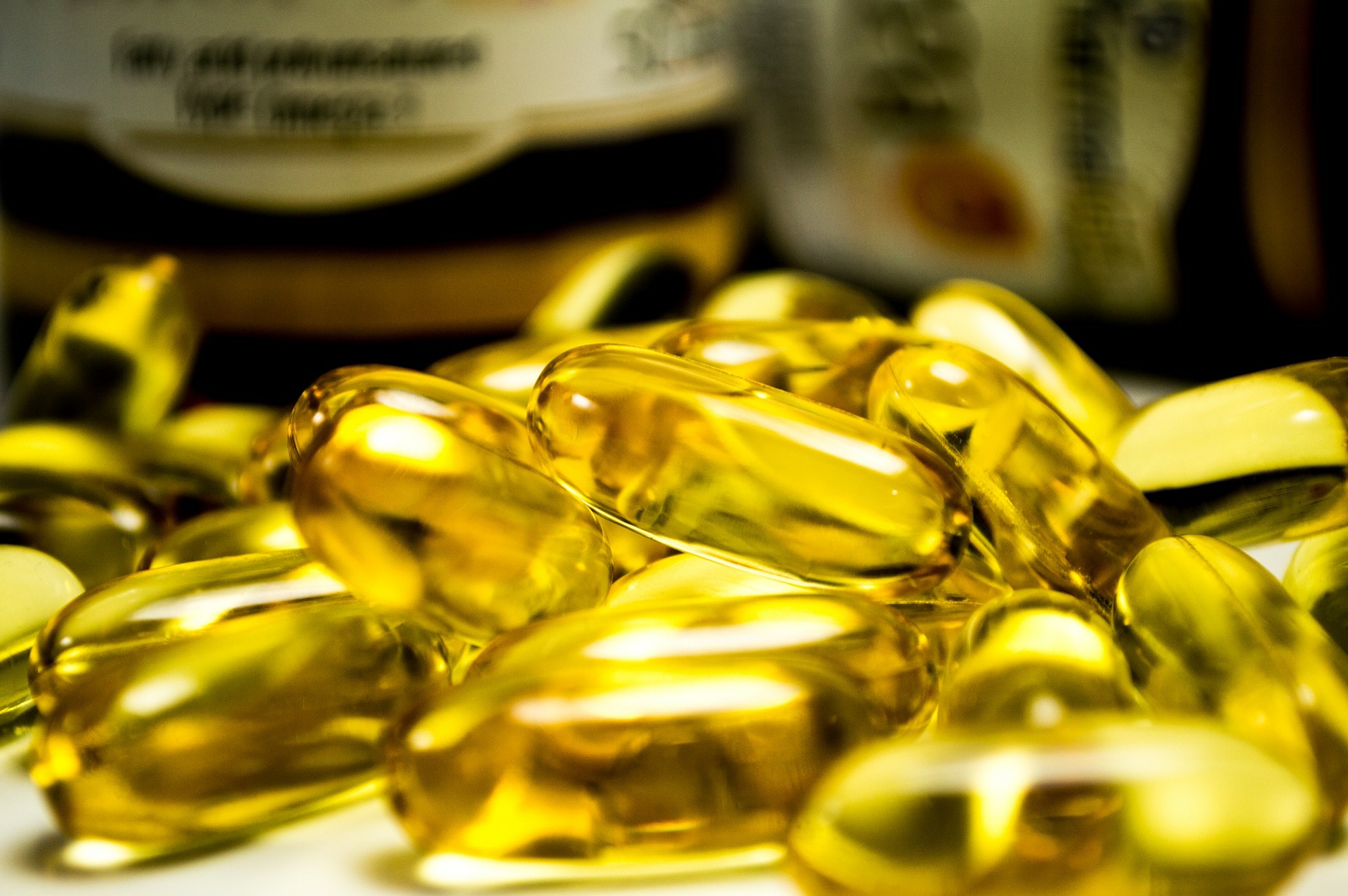What Supplements Help Crohn's Disease?

People living with chronic diseases are frequently interested in using over-the-counter dietary supplements to achieve better health outcomes. People with Crohn’s disease—a chronic gastrointestinal disorder characterized by diarrhoea and abdominal cramping—may consider supplements like calcium, folic acid, fish oil, iron, Vitamin B12, and zinc.
Because supplements are considered under the category of food rather than drugs, the U.S. Food and Drug Administration (FDA) does not review them for safety or effectiveness. It is important to learn the potential risks and seek professional medical advice before deciding whether nutritional supplements are right for you.
Tips for Nutritional Supplementation
People with inflammatory bowel disease (IBD), including Crohn’s disease, are sometimes deficient in vitamins and minerals. People may be nutrient deficient because their bodies are not able to properly digest and absorb nutrients or because of symptoms like severe diarrhoea. In some cases, people may avoid nutrient-rich foods like fruits and vegetables to avoid or manage flare-ups.
Talk to your doctor if you are concerned about nutrient deficiency. They can run tests to determine if you are deficient. Your doctor can help you understand if nutritional supplements are right for you.
Below are examples of supplements people with Crohn’s may consider.
Fiber
Many people with Crohn’s adopt a low-fiber diet periodically to manage symptoms. However, a fiber deficiency can lead to IBD constipation. If you’re experiencing constipation, talk to your doctor about taking fiber supplements.
Calcium and Vitamin D
Calcium is a vital nutrient to strengthen your bones and teeth. Especially in post-menopausal women and vegans, the risk of weak bones (osteoporosis) and low bone density (osteopenia) is greatly elevated with a deficiency of calcium in the diet. You can find calcium in foods like tofu, dark leafy greens, salmon, shrimp, sardines, and all dairy products.
If your diet is low in these foods due to your symptoms, it may be beneficial to consider supplementation. Your body best absorbs calcium when consumed alongside Vitamin D. Vitamin D is recommended for all people living with IBD to reduce gut inflammation. If you are not getting enough vitamin D in foods like salmon, tuna, sardines, orange juice, milk, and egg yolk, make sure you ask your doctor about taking a supplement.
Folic Acid
One crucial ingredient for helping your body grow new cells is folic acid. You may know folic acid as a crucial supplement during pregnancy to prevent birth defects. Many of the medications to treat IBD, such as methotrexate, can reduce your absorption of folic acid. If you are missing out on foods like rice, orange juice, kidney beans, dark leafy greens, beef liver, or avocado, make sure to consider folic acid supplements.
Zinc
One more crucial nutrient for all people is zinc, which is thought to fight infection and inflammation. People with IBD often have zinc insufficiencies due to diarrhoea and small bowel syndrome. If you cannot get enough oysters, shellfish, pork, legumes, nuts, and green peas in your diet, you may notice zinc deficiency symptoms like skin rash, changing taste and smell, and slow healing of wounds. In this case, your medical team can help create a plan for supplementing zinc and other vital nutrients.
Take-Home Messages
Depending on your personal needs, nutritional supplements may be an important part of your health plan. However, it’s important to talk to your doctor and read labels: some supplements contain ingredients like preservatives and lactose that can cause an IBD flare. By working with your healthcare provider, you can create a plan for what nutritional supplements to take based on deficiencies revealed in your blood test results and symptoms.
(Devdiscourse's journalists were not involved in the production of this article. The facts and opinions appearing in the article do not reflect the views of Devdiscourse and Devdiscourse does not claim any responsibility for the same.)










